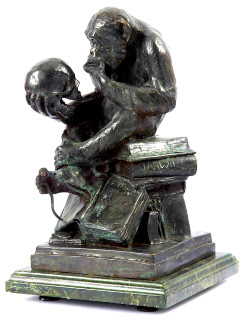Help us Understand Mother's Milk!
As an undergraduate (when everything makes perfect sense and isn't complex and messy- aka fantasy land), I learned that primate mothers will allow juveniles to suckle if they are hurt or sick or stressed. Makes sense! Injured or sick animals may not be able to forage effectively and snuggling with mom is comforting. But wait a second- where are the data? These events are relatively rare and are not a main target of research effort. This means that there is little information about the prevalence and context in which this behavior occurs. Let’s fix that. Human Behavioral Ecologists: Pretty please fill out this survey . Primatologists: Pretty please fill out this survey. xoxo, Katie PS: Although I generally agree with Irwin Bernstein that “the plural of anecdote is not data,” we’re going to ignore that for now.
